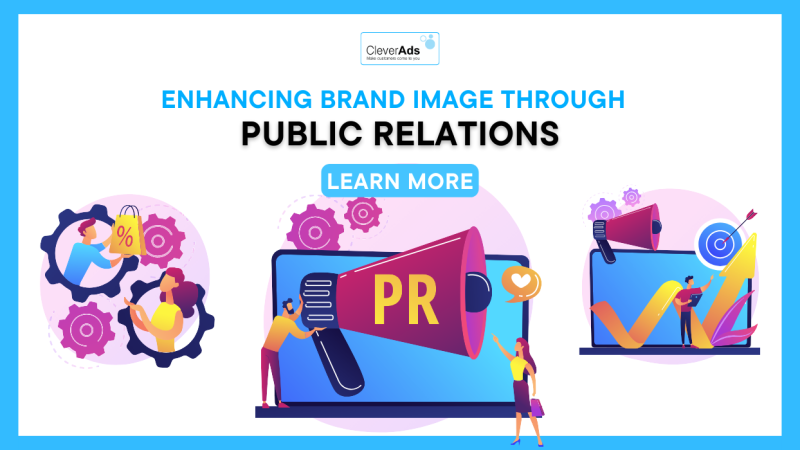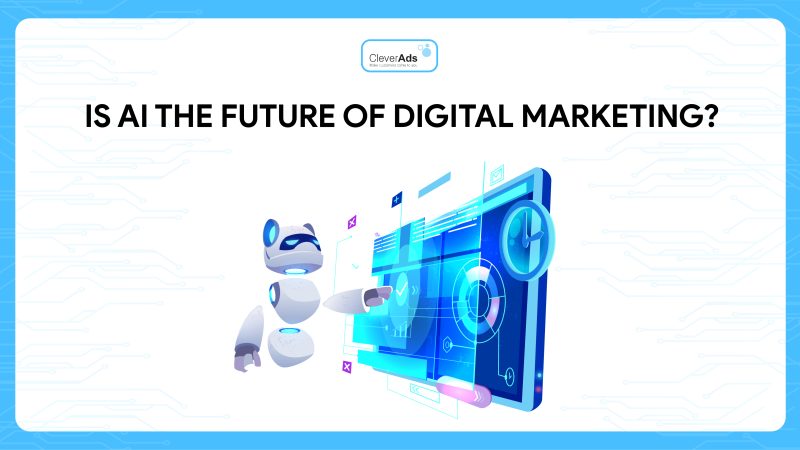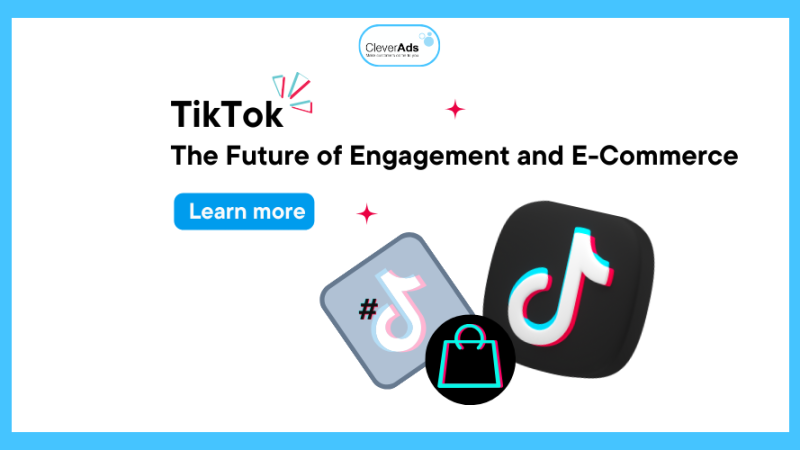Characteristics of tourism and hotel marketing
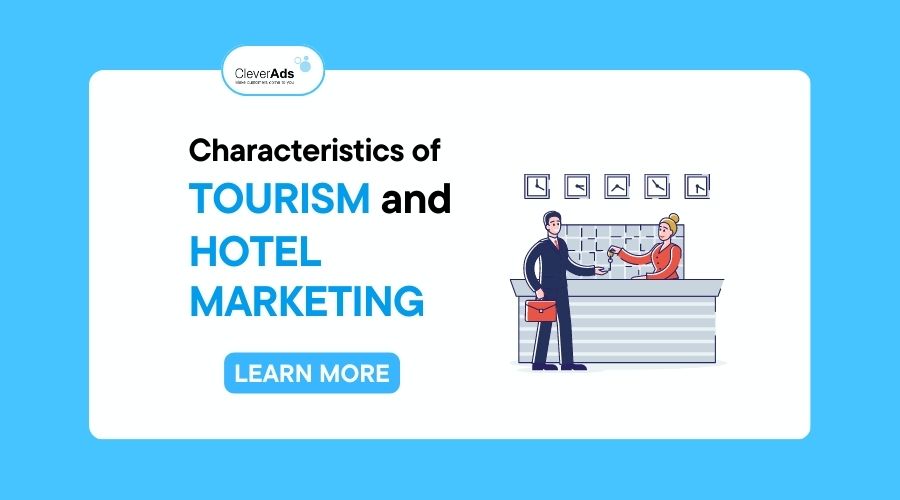
Marketing plays a significant role in business activities, helping to promote brand image and increasing the ability to reach many customers. However, not all industries do marketing equally. Especially the hotel industry and tourism have different things. In this article, let us learn about tourism and hotel marketing characteristics with CleverAds!
1. What is Tourism Marketing?
Tourism marketing is the execution of a series of marketing activities together with market research, customer prospecting, goal setting and planning, implementation of sales programs, promotion activities, etc., to satisfy demand and customer needs by providing appropriate travel services. As a result, promoting sales activities of travel businesses and tour operators.
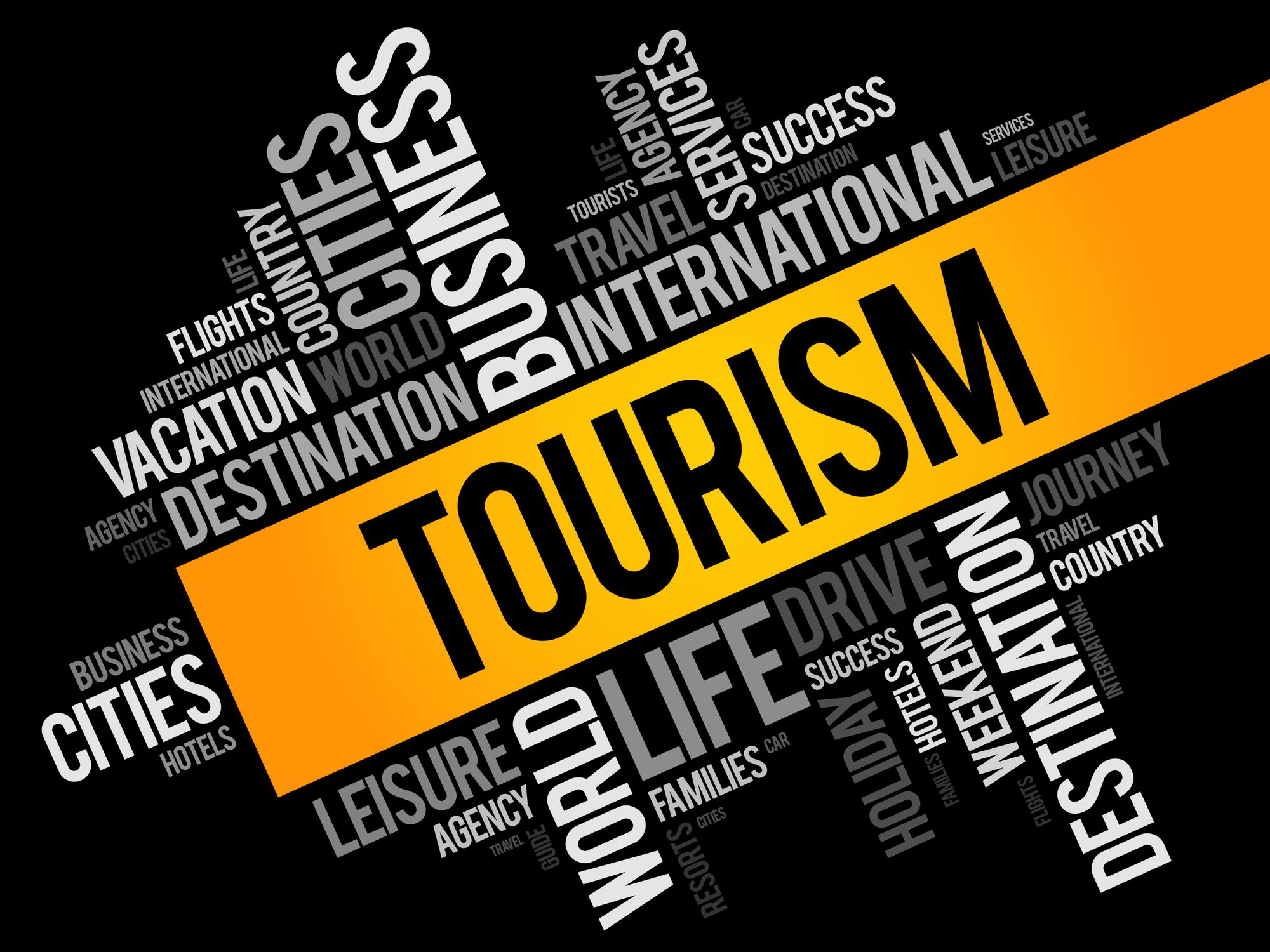
2. What is Hotel Marketing?
Hotel marketing is the execution of a series of marketing activities together with market research, customer prospecting, goal setting and planning, implementation of sales programs, promotional activities, etc., to attract customers. , attracting many customers to book rooms, increasing revenue addition to brand recognition for the hotel.
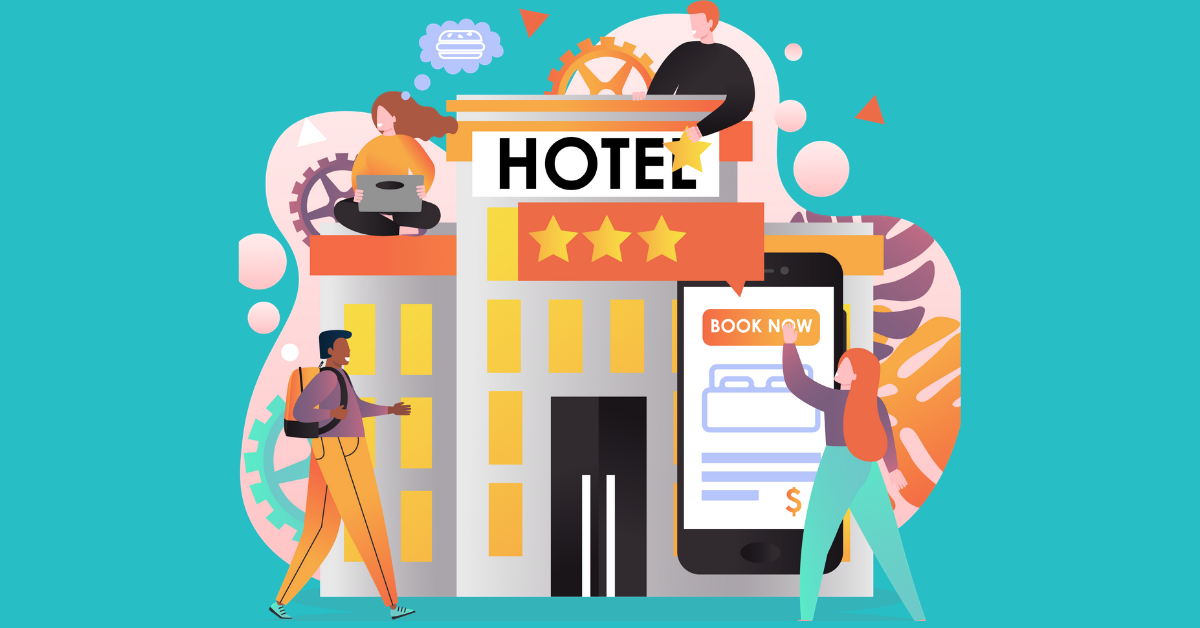
3. Characteristics of Tourism and Hotel Marketing
The characteristics of Tourism and Hotel Marketing are the differences when implementing marketing activities from market research, customer search, etc. The implementation of promotion programs in the tourism and hotel industries. The characteristics of Tourism and Hospitality Marketing include:
3.1. Short time to service
With the characteristics of products and services, customers usually only learn in a short time when necessary, such as traveling, on business trips, etc. Therefore, the time to impress customers should be longer. This needs to create a good impression with customers from the content on social networking sites and websites until customers experience the service.
For example, when customers learn about travel and hotel services on the website and realize that there are many good reviews and comments from customers who have used the service. From there, customers have more confidence in service quality and purchase choices.
3.2. Based on the emotional aspect of attracting buyers
While experiencing tourism and hotel services, there is always contact, person-to-person communication, and personal feelings. This has a significant impact on the buying behavior of customers. Creating sympathy with customers will promote service choice without consideration.
For example, when a customer checks into a hotel, the receptionist’s attitude will make a specific impression on the quality of the business’s service. The attitude of the front desk staff is polite and respectful to customers, making customers happy and having a good view of the business, and will even prioritize buying services next time. If the receptionist’s attitude is not good, causing discomfort to customers, customers will have a poor assessment of service quality and will never choose to use this service again.
3.3. Centralized physical evidence management
Tourism and hotel services are not specific products that cannot be seen, tried, or evaluated before purchasing. Therefore, it is necessary to use physical evidence to convince customers. Physical evidence such as facilities, prices, communications, and old customers.
Specifically, when customers enter the hotel for the first time, their first impression is the facilities. Customer psychology often assumes that quality service will be accompanied by professionalism and professionalism in every little thing. The hotel’s spacious space, fully furnished, modern, eye-catching decoration, and reasonable furniture arrangement show the care for the quality of service as well as the professionalism of the business.
Price has a good influence on customer perception of a product. Price comes with quality, and the high-cost price comes with high quality of service. However, businesses need to consider when setting service prices to match the ability of target customers to pay.
In terms of service information, customers often receive information from media sources – commercial information provided by hotel and tourism service providers. In addition, it also comes from the origin of old customers – customers who have used the retelling service. The better the service information, the higher the customer’s decision to choose a service.
However, when providing material evidence, businesses avoid letting customers have too high expectations compared to reality, affecting customers’ feelings when using the service.
For example, businesses advertise all-inclusive travel services from transportation, hotels, meals, and tickets to attractions to guides. But when experiencing the service, customers have to take care of their meals. It makes customers angry and gives negative feedback on the service.
3.4. Focus promotions on off-peak times
Usually, the manufacturing industry’s products are invested in promotional programs during peak periods. But for tourism and hotel services, promotions often appear more in the off-peak period.
During the peak period, tourism and hotel services should refrain from launching promotional campaigns because they will be unable to serve all customers, effortlessly lose customers, and reduce their reputation. During the off-peak period, the number of customers is small, so promoting promotion programs for businesses is necessary to maintain operations and increase revenue.
For example, offer promotions (online booking discounts, event discounts, travel themes) for off-season travel and outreach, reminding customers of the benefits of traveling. Off-season calendars, such as avoiding crowds, being comfortable, less disturbed, etc., will promote customer buying behavior.
4. Why need Tourism and Hotel Marketing?
Marketing of tourism and hotels is very important. Businesses that provide travel and hotel services are always trying to find ways to create an excellent marketing strategy.
Tourism and hotel marketing help businesses understand their customers better. Marketing activities will determine customer behavior and customer needs. From there, it serves as a basis for businesses to carry out a project of development, service improvement, pricing, branding, etc.
In addition, tourism and hospitality marketing helps in branding. The specificity of the tourism and hotel industry is that it is a service business, so branding is essential. Strong brand, customers will have more trust in the business.
Besides, tourism and hotel marketing help to convey information about brands and products to customers. Businesses can promote their brands and services widely, highlight their unique features compared to competitors, and attract customers.
Tourism and hotel marketing are significant determinants of business performance. Implementing effective marketing activities will attract several customers using the service, increasing revenue. On the contrary, if marketing activities are ineffective, businesses providing tourism and hotel services will face many challenges, even risk closure.
5. How to effectively market tourism and hotels?
- Understand customers: Any industry, when doing marketing, must understand customers well. In particular, the tourism and hotel industry is a service business, so it must always put customers at the center, implementing customer-oriented marketing campaigns.
- Building a customer-oriented website: Information about room types, room rates, accompanying services, travel packages, promotions, and events is completely provided, and customers can quickly look up and catch.
- Marketing on search engines and social networks: Posting informative articles about the service so that it is always at the top, boosting the rate of customer access on search engines and social networking sites.
- Planning promotions: Special promotions accompanied by seasonal price policies will attract customers’ attention and influence their buying behavior.
- Combine with Influencers/KOLs/celebs specializing in the travel industry: These people have a certain trust from the community, for them to experience the service and give reviews and comments on media such as Facebook, TikTok, Instagram, Youtube, etc. Customers will have more confidence in the reputation, service quality, and purchasing decisions.
- Organizing events at tourist attractions and hotels: With each event, information will usually be published in newspapers and television on the media. This is an excellent opportunity for the service to come closer to customers, promote the brand, and expand the partnership.
- Improving service quality is also effective marketing: Good service will satisfy customers when experiencing the service. When customers have a good impression of the business providing that service, customers will act by recommending it to relatives and friends or sharing it on social networks.
6. Conclusion
In the context of the strong development of the hotel and tourism industry, a large market full of potential but also very competitive, businesses need to understand the characteristics of Tourism and Hospitality Marketing. in the industry. Only then can companies develop appropriate and effective marketing strategies for themselves.
